WHY do so many people eat a “healthy” diet yet have high cholesterol? What exactly is cholesterol, anyway? Is it BAD, BAD, BAD like we hear?
Cholesterol is a waxy substance produced by every cell of the body. It holds our cell walls firm. In fact, without cholesterol we would be soft and fall apart. One of cholesterol’s roles in the body is to travel to inflamed areas to repair tiny breaks or lesions that irritate tissues, internal or external. For example, cholesterol makes a hard scab on your knee to allow a scrape to heal. Cholesterol is not the CAUSE of inflammation. It’s just the opposite! In fact, it is INFLAMMATION that CAUSES HIGH CHOLESTEROL, HEART DISEASE, and many other diseases.
Cholesterol is just the body’s attempt to seal the INFLAMMATION sites. It fills tiny rips or holes in the delicate endothelium lining of the blood vessels. Maybe it’s time to look DEEPER into the causes of inflammation. Then we can understand how to take charge of our health and live a long life.
What Can Cause Inflammation?
- Foreign particles in the blood or tissues,
- Industrial farm chemicals,
- Sugar,
- Stress, trauma,
- Beliefs, self-perceptions,
- Emotions of fear, anger, etc.
- Vaccines,
- Wifi, cell phones, 5G, EMF radiation,
- Heavy metals,
- Nanotechnology,
- Unhealthy fats,
- Fluoride,
- Toxins,
- Alcohol,
- Chemicals,
- Viruses,
- Bacteria,
- Parasites.
Hey! We deal with ALL these every day!
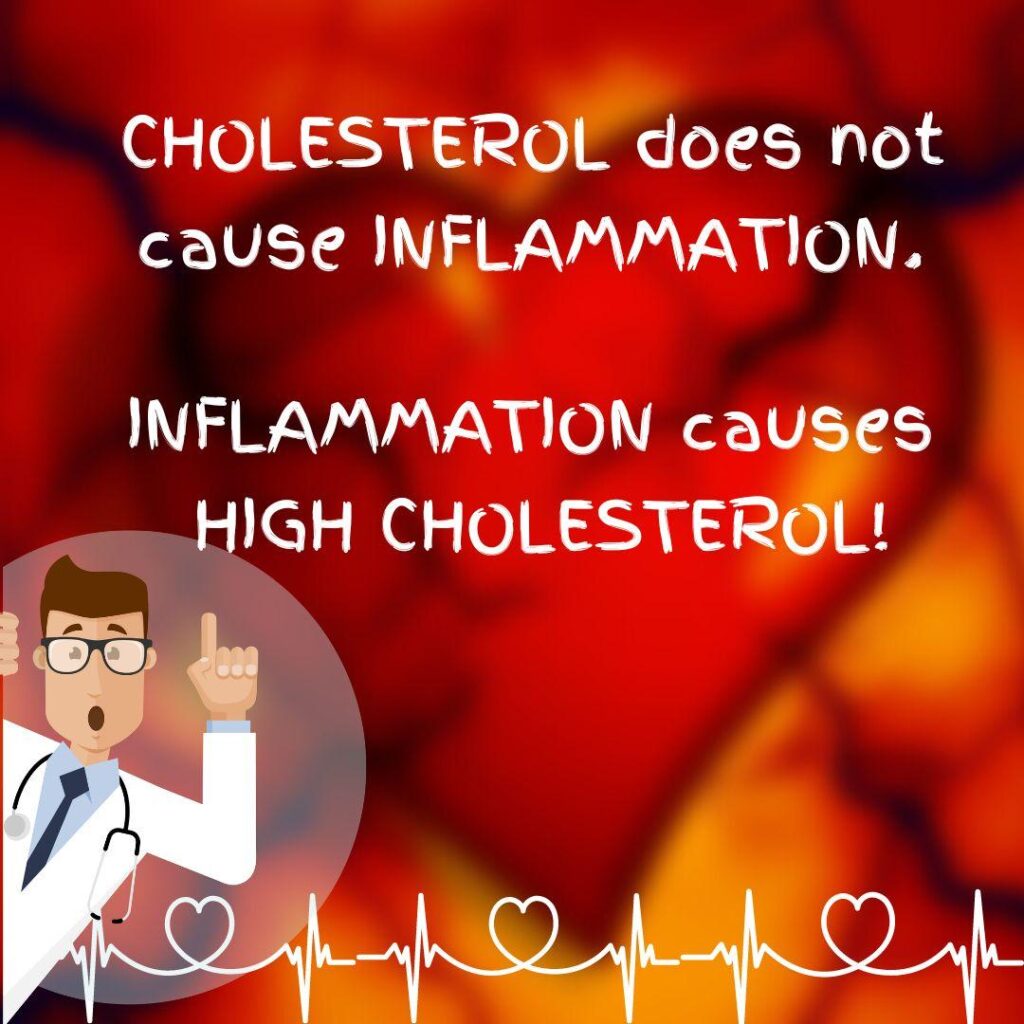 Keep the blood clean.
Keep the blood clean.
It is very important to keep the blood clear of foreign particles, clots, and floaters, especially if you had the vax. To avoid floaters in the blood you can reduce sugar consumption and research ways to eliminate all sources of inflammation.
Sugar Especially Causes inflammation.
GLUCOSE has sharp little molecules that get stuck in the endothelium layers of the blood vessels, making little rips or tears. To heal the opening, your body makes hard plaque to close the wound. This can also bring floating particles in the blood vessels and thick clots that slowly close the blood vessels. This pattern is the cause of high blood pressure, heart disease, and stroke. Similar problems can occur in other parts of the body.
What is Cholesterol?
We’ve been told for decades that cholesterol is BAD BAD BAD. But did you know that 75-80 % of our body cholesterol is produced by our liver? And less than 20% of our cholesterol comes from our food? Almost everything we think we know about cholesterol is a case of misunderstanding and/or jumping to conclusions without scientific proof.
Our bodies are made of trillions of cells, and almost every single cell produces cholesterol all the time during everyone’s life. Because every cell has cholesterol as part of its structure. Cholesterol is a waxy organic compound found especially in the liver, spinal cord, and brain. It helps us produce vitamin D, adrenal hormones like cortisol, and sex hormones. Cholesterol is an important component in brain synapses and the immune system.
Cholesterol is actually a HEALING agent in the body. For example, cholesterol is an essential component in the scabs that heal skin wounds when you fall and scrape your knees. Cholesterol also makes plaque deposits in artery walls. When your body has any wound, internal or external, it produces cholesterol and sends it out to the site of the damage. When your liver receives a signal that a wound has happened in the body, it gets to work and sends cholesterol to patch the damage using a shuttle called LDL (low-density lipoprotein). So, a rip in the blood vessel will create a similar “scab”, that is also made of cholesterol.
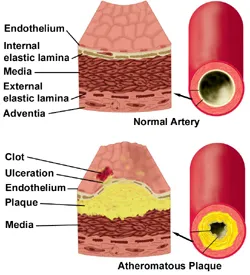 High Blood Pressure is NOT caused by Cholesterol
High Blood Pressure is NOT caused by Cholesterol
Everybody has heard about cholesterol and dietary fats that “clog up your arteries” and “cause heart disease”. Some doctors believe that prescribing cholesterol-lowering drugs will solve the problem, The pharmaceutical powers are working toward a specific goal: to put everyone including our children, on “preventative” cholesterol lowering medication.
Meanwhile, the global statin drug industry as grown by more than 20% a year and now exceeds $ 24 billion dollars per year. The major players are always the same companies: Pfizer, AstraZeneca, Aurobindo Pharma, Biocon, GlaxoSmithKline, Merck, and Novartis. These Statin Drugs DO actually lower cholesterol, however they do not change the rate of deaths from heart disease, because they do not address the root problem, which is INFLAMMATION.
Now over 2 billion people worldwide continue to suffer from hypertension, which is the precursor to heart disease and stroke. It’s all due to inflammation. At least 60% of the people who suffer heart attacks have normal levels of blood cholesterol, but the medical media will not tell you this. If you have high blood cholesterol, it just means that the body is dealing with some damage and inflammation. If there are foreign particles, a wound, or inflammation anywhere in the body, the liver works hard to send out as much cholesterol as possible to deal with the free radical attack. In those times your blood cholesterol will be high. When the inflammation is reduced, the cholesterol is lower. We don’t need drugs to control our cholesterol level. We can control it by simply reducing inflammation.
Cholesterol is essentially a measure of your INFLAMMATION level. Whenever there is high sugar or stress, cholesterol will be high. When we have less sugar or toxic stress, INFLAMMATION goes down, and cholesterol level follows.
“How many times has your doctor told you that you need to have your LDL below 70, or even at 70? More times than you can count, I’m sure. But listening to that advice will seriously increase your risk for a bleed into your brain—the worst type of stroke you can suffer. Despite mainstream medicine’s efforts to vilify it, our bodies need cholesterol, which plays a key role in the structural formation of your cell membranes—it literally holds your body together.Lower it too much, and of course you’re inviting serious problems. That’s just plain common sense. Yet the naysayers are already screeching about this latest outcome—insisting that LDL-lowering drugs are still necessary to prevent strokes caused by clotting. The medical community should take this opportunity to loosen cholesterol targets in favor of a bigger picture where heart health is concerned. But sadly, that’s not going to happen. It seems they would rather let patients bleed to death while Big Pharma continues collecting their money.”
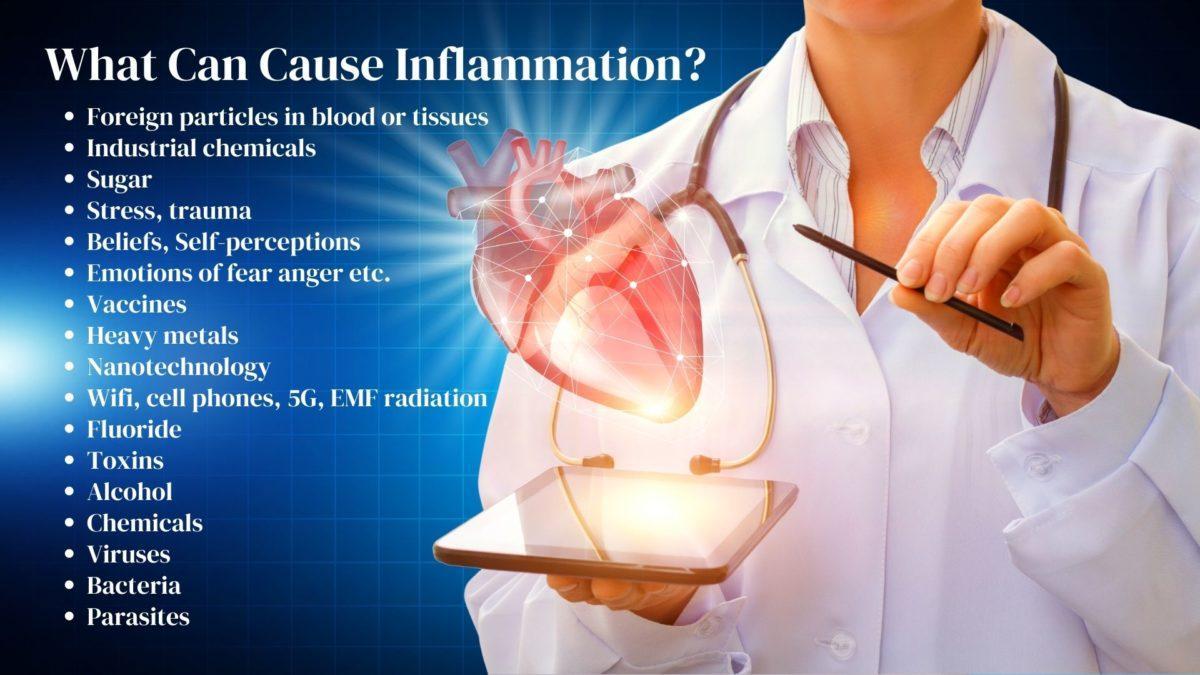
The following excerpt is from Justin Smith’s book: Statin Nation: The Ill-Founded War on Cholesterol, What Really Causes Heart Disease, and the Truth About the Most Overprescribed Drug in the World and has been adapted for the web.
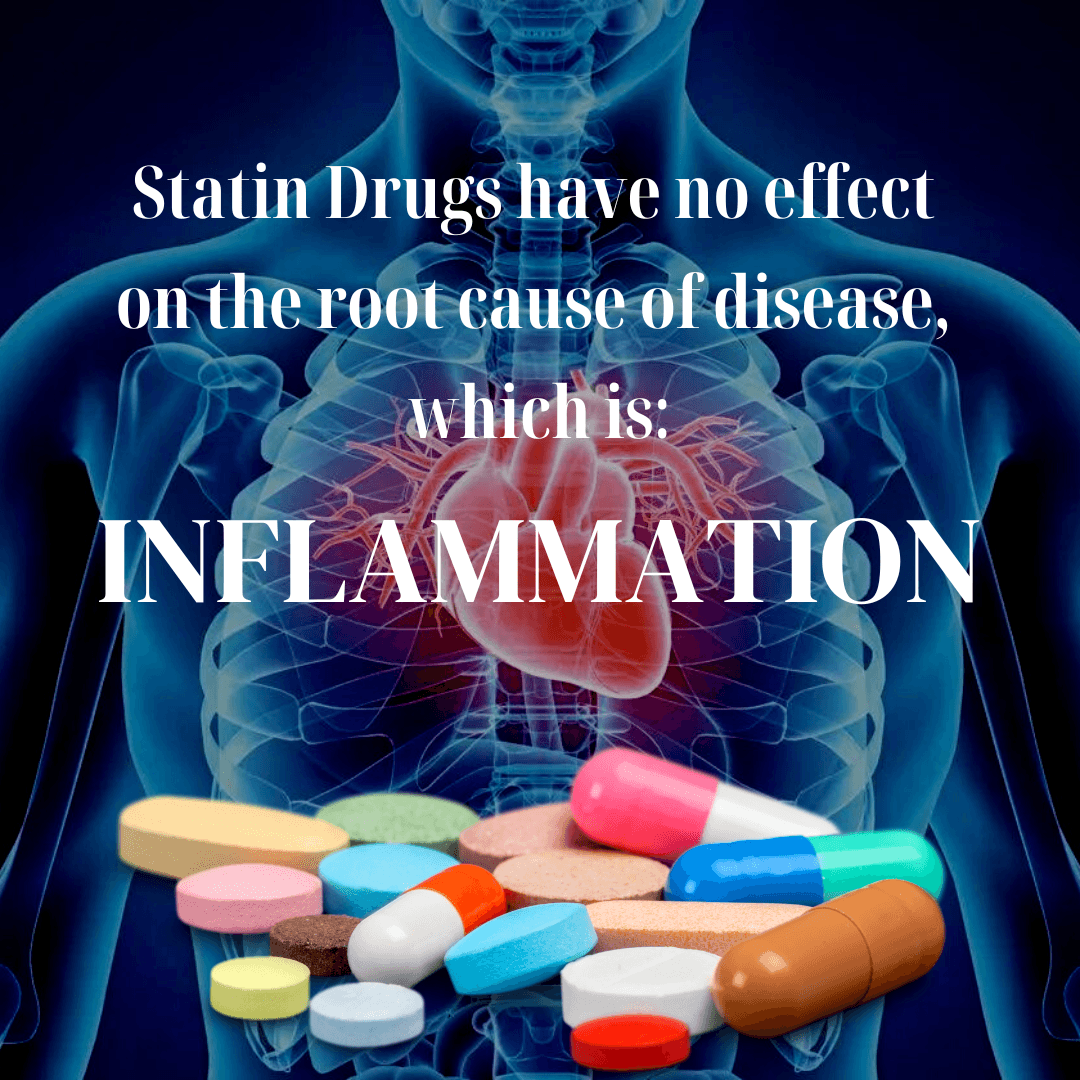 “Most people are familiar with the concept of “good” and “bad” cholesterol. High density lipoproteins (HDLs) are considered “good” and low density lipoproteins (LDLs), such as those warned against by the British Heart Foundation, are “bad.” These designations are quite remarkable considering the fact that HDLs and LDLs are not really cholesterol.
“Most people are familiar with the concept of “good” and “bad” cholesterol. High density lipoproteins (HDLs) are considered “good” and low density lipoproteins (LDLs), such as those warned against by the British Heart Foundation, are “bad.” These designations are quite remarkable considering the fact that HDLs and LDLs are not really cholesterol.
Cholesterol does not mix with water; therefore, in order for it to be transported through the bloodstream it has to be carried inside something called a lipoprotein. A lipoprotein is an assemblage of fats, protein, and other substances that move around the body. Lipoproteins carry a number of very important materials that are needed by the body’s cells, and they also participate in the immune system. HDLs and LDLs do contain cholesterol, but they also contain CoQ10, vitamin E, beta-carotene, and other substances. The cholesterol found in HDLs is exactly the same as the cholesterol found in LDLs. The explanation we are given for HDLs being “good” and LDLs being “bad” is related to their direction of travelwithin the body.
Most cholesterol is made in the liver. LDLs transport cholesterol from the liver to the cells, including those cells in the walls of coronary arteries. HDLs transport cholesterol back to the liver. It might seem logical to suggest that LDLs are bad because they transport cholesterol to artery walls. However, this is a normal and vitally important function of the body. All cells need cholesterol, which is a major component of the cellular membrane. Cholesterol makes cells waterproof; cells need to be waterproof in order for the internal structure of the cell to be protected from its external environment. Therefore, a mechanism is required to enable all cells to get the cholesterol they need. LDLs provide this important mechanism.
Cholesterol is an interesting molecule. It is often called a fat, but chemically speaking it should be called an alcohol, though it does not behave like one. The complex structure of cholesterol provides the protection cells need. When cells become damaged, they require cholesterol to help repair the damage. A discussion of the tissue repair qualities of cholesterol can be found in scientific literature at least as far back as 1975. However, this important issue is conveniently ignored by those who support the idea of good and bad cholesterol.”
STATIN DRUGS WERE PLANNED DECADES AGO
Back in 1985 the Washington Post published an article announcing that the NIH would begin a program to popularize testing of cholesterol. “Knowing your blood cholesterol level will be as routine as knowing your blood pressure or body weight, if the National Heart Lung and Blood Institute has its way.”
DOES A LOW-CHOLESTEROL DIET HELP?
Nope. Studies show that a low cholesterol diet cannot reduce cholesterol or death from heart disease. And now we know that saturated fat, animal fat, and cholesterol in our food have NO EFFECT on our blood cholesterol level. Why? Because every organ and every cell in your body produces cholesterol. When we eat more cholesterol foods – the body makes less. When we eat less cholesterol, the body makes more. But the food industry would not like you to know this fact. We now know true root of disease is INFLAMMATION, caused by many factors listed above, ESPECIALLY SUGAR. Source #1, Source #2.
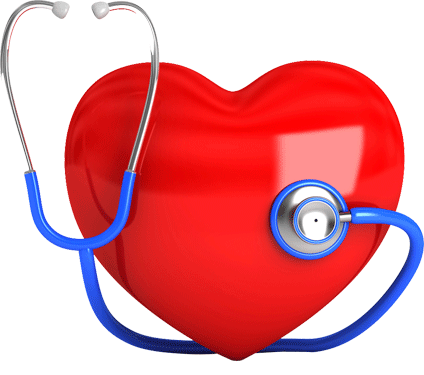 You can kick the sugar addiction.
You can kick the sugar addiction.
Why do we crave SUGAR? Everyone needs sweetness. It’s irresistible, like a mother’s love. SWEET is beyond words wonderful. And when we want it, our mind will justify it in a thousand ways to HAVE it. Yet, it is always possible to break addiction. But this is one of the most difficult things in the world to accomplish permanently. Like sugar, coffee, and cigarettes, quitting and the experience of withdrawal are very stressful. We think we might go insane. So, it is best to do it slowly. Then you can break a habit gently and permanently.
To solve the riddle of SWEETNESS, we need to look deeper.
What is it that you REALLY crave? Is it kindness, love, and belonging? Self-acceptance, a rich and fulfilling life? Listen within yourself – maybe it’s something like that. So, we can do nice things for ourselves. Self care like taking a nice hot bath, making a cup of tea, creating a peace corner in your home. Whatever it is that fills that hole of craving madness inside you, do it! Give yourself a sweet gift every day, while you slowly reduce your sugar intake. Give random gifts of kindness to the people around you. Because what you give, you will receive back one hundred fold. In this way perhaps we can reduce sugar cravings and be healthier and happier.
Resources:
- What Favorite Foods Convert to SUGAR in Your Blood?, https://fiveseasonsmedicine.com/what-favorite-foods-convert-to-sugar-in-your-blood/
- Is cholesterol bad for you? Many people ask the question “Is Cholesterol Bad For You?”. The answer is…, http://londonclinicofnutrition.co.uk/nutrition-articles/is-cholesterol-bad-for-you/
- Statins: the drug firms’ goldmine, https://www.telegraph.co.uk/news/health/news/8267876/Statins-the-drug-firms-goldmine.html
- https://www.thefoodchart.com/carbohydrates-food-chart.php, http://londonclinicofnutrition.co.uk/nutrition-articles/is-cholesterol-bad-for-you/
- Inflammatory responses and inflammation-associated diseases in organs, https://www.ncbi.nlm.nih.gov/pmc/articles/PMC5805548/
- https://www.britannica.com/science/ionizing-radiation
- Effect of mobile phone radiation on oxidative stress, inflammatory response, and contextual fear memory in Wistar rat, https://pubmed.ncbi.nlm.nih.gov/32212071/
- https://www.rfsafe.com/studyproof-cell-phone-radiation-exacerbates-disease-inflammation-etiologic-factor/
- Oxidative stress, inflammation, and cancer: How are they linked?, https://www.ncbi.nlm.nih.gov/pmc/articles/PMC2990475/
- Free Radicals, Antioxidants in Disease and Health, https://www.ncbi.nlm.nih.gov/pmc/articles/PMC3614697/
- https://www.dietsmealplan.com/meal-plan/low-carbohydrate-foods-list/
- https://www.healthline.com/nutrition/healthy-low-carb-foods#seafoods
- https://www.health.harvard.edu/heart-disease/ask-the-doctor-what-is-inflammation
- http://www.thecantos.org/cantos-summary.html Canakinumad Anti-inflammatory Thrombosis Outcomes Study- Paul Ridker Chairman
- https://www.thelancet.com/journals/lancet/article/PIIS0140-6736(97)80057-8/fulltext VOLUME 349, ISSUE 9049, P432-433, FEBRUARY 08, 1997WOSCOPS https://doi.org/10.1016/S0140-6736(97)80057-8 Published: February 08, 1997
- https://prevmedhealth.com/15-rules-to-prevent-heart-attack-and-stroke-risk/
- https://prevmedhealth.com/cardiovascular-inflammation-and-plaque-formation/
- https://prevmedhealth.com/reducing-arterial-plaque-is-it-possible/
- https://prevmedhealth.com/4-surprising-facts-no-one-tells-you-about-inflammation/
- https://prevmedhealth.com/reverse-arterial-plaque-autophagy-inflammation-hdl/
- https://prevmedhealth.com/how-to-test-for-cardiovascular-inflammation/
- https://teamhealthcareclinic.com/brain-inflammation-sugar-surprising-connection/
- Brainwave Impermanence: The Science of Miracles with Dr. Jill Bolte Taylor + Dr. Jeffrey Rediger, https://www.youtube.com/watch?v=TsB_A7KDG9I
- Left brain right brain exercise Dr. Jill Bolte Taylor, https://www.youtube.com/watch?v=cqVyFuUKx0s
- Total/HDL cholesterol ratio and non HDL cholesterol as predictors for increased intima media thickness, https://pubmed.ncbi.nlm.nih.gov/23282768/
- Low-density lipoprotein subfractions and the long-term risk of ischemic heart disease in men: 13-year follow-up data from the Québec Cardiovascular Study, https://pubmed.ncbi.nlm.nih.gov/15618542/
- Standard Cholesterol Tests are Substandard, https://blog.supplysideliberal.com/post/2021/8/3/standard-cholesterol-tests-are-substandard
- War on Cholesterol, https://www.washingtonpost.com/archive/lifestyle/wellness/1985/11/13/war-on-cholesterol/0848cdc2-ca10-4161-bc37-67ea7a65fd01/
- The War on Cholesterol, Why our Fears are Unfounded, https://www.drperlmutter.com/war-on-cholesterol/
- The war on cholesterol just turned deadly, https://www.drpescatore.com/the-war-on-cholesterol-just-turned-deadly
- The Ill-Founded War on Cholesterol: The “Good” and “Bad” Cholesterol Fallacy, https://www.chelseagreen.com/2018/the-ill-founded-war-on-cholesterol/
- Inflammation (Not Cholesterol) is the Bigger Heart Disease Risk, https://prevmedhealth.com/inflammation-not-cholesterol-is-the-bigger-heart-disease-risk/




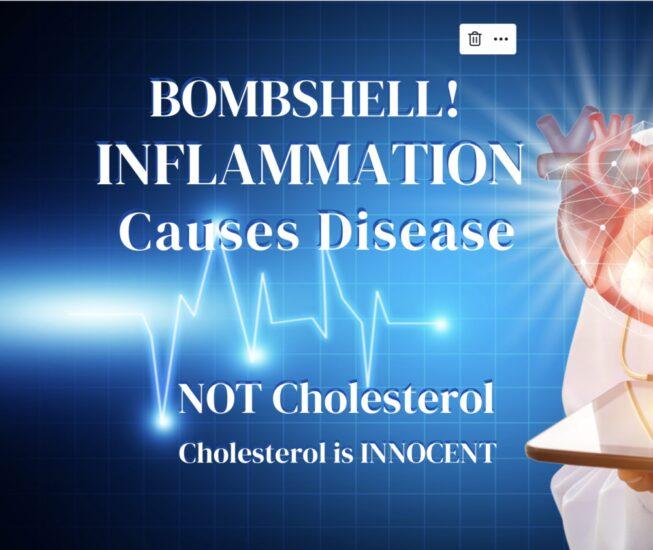
3 Replies to "BOMBSHELL! INFLAMMATION Causes Disease, NOT Cholesterol"
Nutritionist June 29, 2024 (12:40 am)
Cholesterol as a healing agent makes so much sense when you think about its role in repairing tissues. It’s unfortunate that it has been demonized for so long without a complete understanding of its functions. This perspective really encourages a deeper look into what truly affects our health.
Stu November 18, 2022 (5:05 pm)
I had a near fatal heart attack recently with my left anterior descending artery fully blocked. My cardiologist said I had high cholesterol at 5.8. Therefore after a stent was inserted I was prescribed a statin. I went on a low-cholesterol diet and got down to 2.2. Cardiologists very happy. Along came an elderly friend of ours who was a nurse her entire life and said cholesterol had nothing to do with my heart attack it was due to an aggressive chemotherapy treatment 12 months earlier. Hmmmmm.
Jane Barthelemy November 18, 2022 (6:17 pm)
Hello Stu, thank you for your comment. I don’t know either.
Possibly your high cholesterol was due to inflammation. That’s what I am discovering. As you can see in the article there are many causes for inflammation.
Check out this article. https://janeshealthykitchen.com/what-favorite-foods-convert-to-sugar-in-your-blood/
Inflammation is to a great extent due to foods and carbs that turn into sugars in our body.
Best wishes for your continued good health and continued discoveries!
Jane